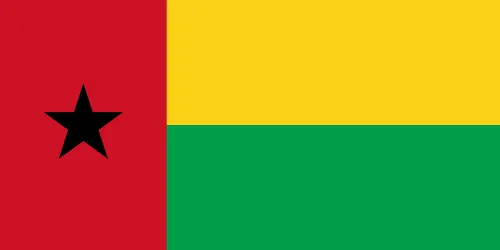
Commemorating the Anniversary of the Killing of Pidjiguiti: A Reflection on Guinea-Bissau's Struggle for Independence
The anniversary of the killing of Pidjiguiti serves as a potent reminder of the sacrifices made in the quest for freedom in Guinea-Bissau. This event, which occurred on the 3rd of August 1959, marked a pivotal moment in the nation’s history, shedding light on the plight of the labor force and their resistance against colonial oppression.
The Context of Pidjiguiti
Pidjiguiti was a port village where African workers, predominantly from Guinea-Bissau, were subjected to brutal conditions under Portuguese colonial rule. The laborers faced extreme exploitation, including poor wages and harsh working environments. On that fateful day in 1959, workers went on strike to demand better treatment and rights, leading to tragic consequences.
Tragic Events of August 3, 1959
On August 3, 1959, the strike escalated when Portuguese police opened fire on the protesting workers, resulting in the deaths of numerous individuals. This event highlighted the dire need for reform and served as a catalyst for the burgeoning independence movement. The tragedy at Pidjiguiti is remembered not just for the loss of life, but for galvanizing the fight for liberation.
Impact on the Independence Movement
The Pidjiguiti massacre had profound implications for Guinea-Bissau’s struggle for independence. It drew national and international attention to the harsh realities of colonial rule and fired the resolve of many activists. Leaders like Amílcar Cabral, who would later become a prominent figure in the liberation movement, used the brutality of the event to rally support for their cause. It emphasized the importance of solidarity among workers and the need for a united front against colonialism.
Commemoration and Legacy
Each year, Guinea-Bissau commemorates the anniversary of the Pidjiguiti killings with various events, honoring those who lost their lives in pursuit of justice and freedom. Ceremonies, speeches, and discussions reflect on the ongoing challenges faced by the nation in honoring their legacy. It is a day of remembrance, yet also a day of action to continue fighting for the rights and dignity of all citizens.
Conclusion
The anniversary of the killing of Pidjiguiti is more than just a historical event; it is a symbol of resilience and the enduring spirit of the people of Guinea-Bissau. As the nation reflects on its past, it also looks to the future, committed to safeguarding the values of independence and human rights. The remembrance of Pidjiguiti will forever occupy a crucial place in the heart of Guinea-Bissau’s history.






